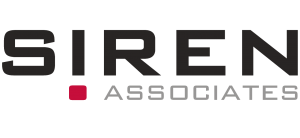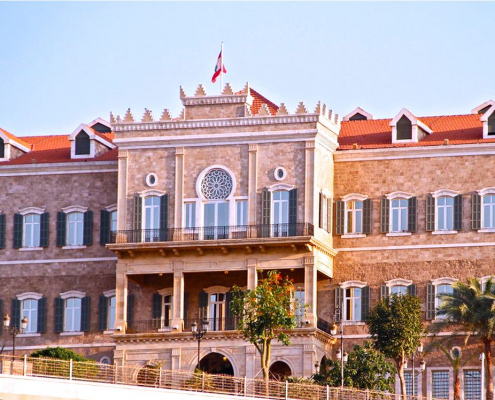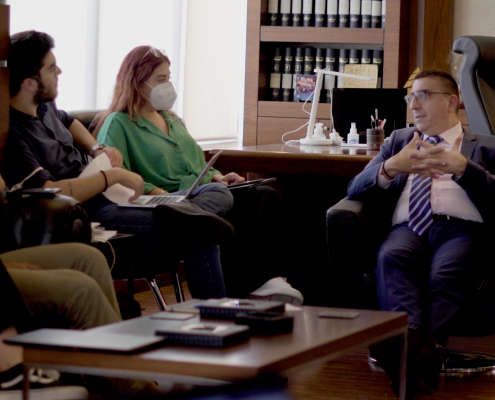Creating Resources for Donor Coordination and Aid Programme Analysis
Lebanon’s Interior Ministry took a further step July 15 toward promoting effective and efficient programme governance with the launch of two new resources to coordinate donor support.
The Analysis, Planning and Coordination Unit and the Donor Coordination Platform launched that day will together embed evidence driven programming at the ministry. They are a culmination of more than nine months of assistance from Siren that includes the creation of new policies, systems and processes, as well as the development of a custom built web-based application.
The Resources
The APC Unit constitutes, for the first time, a resource staffed by ministry personnel that is fully dedicated to the task of ensuring a coordinated, strategic, and data-driven approach by the ministry.
It has a broad mandate but will coordinate donors and partners to ensure that resources are used efficiently and effectively to address ministerial priorities. It will enable the ministry to not only set, but also stick to clear strategic objectives. This puts the ministry in a position to establish effective governance and execute its mandate to ensure long-term stability and security in Lebanon.
The Donor Coordination Platform, a 100 percent in-house built web application, will enable the APC Unit’s work by making all relevant donor and project information accessible within a few clicks.
This allows staff to easily to oversee ministry-related funds and projects, avoid duplication and resource wastage, and effectively lead the dialogue around funding.
The platform facilitates the collection of standardised data in relation to donor programming and is linked to a powerful back-end business intelligence tool that analyses incoming data. The platform creates clear visualisations of this data that APC Unit staff use to inform their consultations with partners.
It also acts as a two-way communication tool, allowing donors to access timely and relevant information related to their programming. This includes: research and reports, ministerial strategies, and portfolio overviews that can be used to ensure that programmes are aligned with ongoing and forthcoming donor activity. News is updated regularly, and the platform streamlines the process that donors go through to initiate new projects.


 Siren Associates
Siren Associates






